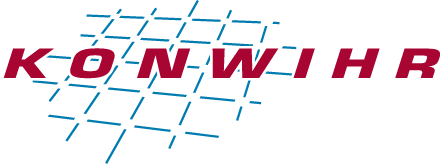Applicant
Prof. Dr. Moritz Zaiss
Universitätsklinikum Erlangen, Abteilung Neuroradiologie, W2-Professor für multimodale Bildgebung in der klinischen Forschung
also: Professor for Multimodal Imaging in Clinical Research, Zentrum für Medizin, Physik und Technik (ZMPT)
Friedrich-Alexander-Universität Erlangen-Nürnberg
Project Overview
Advanced Magnetic Resonance Imaging (MRI) is extraordinarily feature rich and contains far more information than just morphology, down to the level of tissue biopsy outcomes and genetic and histologic biomarkers relevant e.g. for cancer diagnosis. However, the current mostly manual process of MRI method development only slowly merges and utilizes all features. The project MRzero intends to revolutionize the MRI method development process, proposing a self–learning approach, which involves two innovations. First, the entire process – MRI sequence, reconstruction, and evaluation – will be modeled as one computational chain that can be treated and trained like a neural network. Second, the MRI pipeline will be augmented with a neural network, to generate customized outputs. This allows us to automatically develop fundamentally new and highly synergistic MRI methods that can yield an MR–prediction of any image that is used as target data during the training, e.g. quantitative MR biomarkers, or non–invasive biopsy predictions, etc. This proposed learning approach will advance diagnostic MRI by turning it into an end–to–end learning problem.
In the context of KOHNWIR MRzero requires reaching two specific aims to scale the existing prototype
(i) To scale the existing MRzero prototype from 2D imaging to 3D imaging using massive parallelization of the spin system
(ii) To further parallelize the forward simulation to generate large dictionaries for the respective reconstruction learning at every iteration step.
(iii) To optimize the full end–to–end optimization code within the parallel HPC framework.

